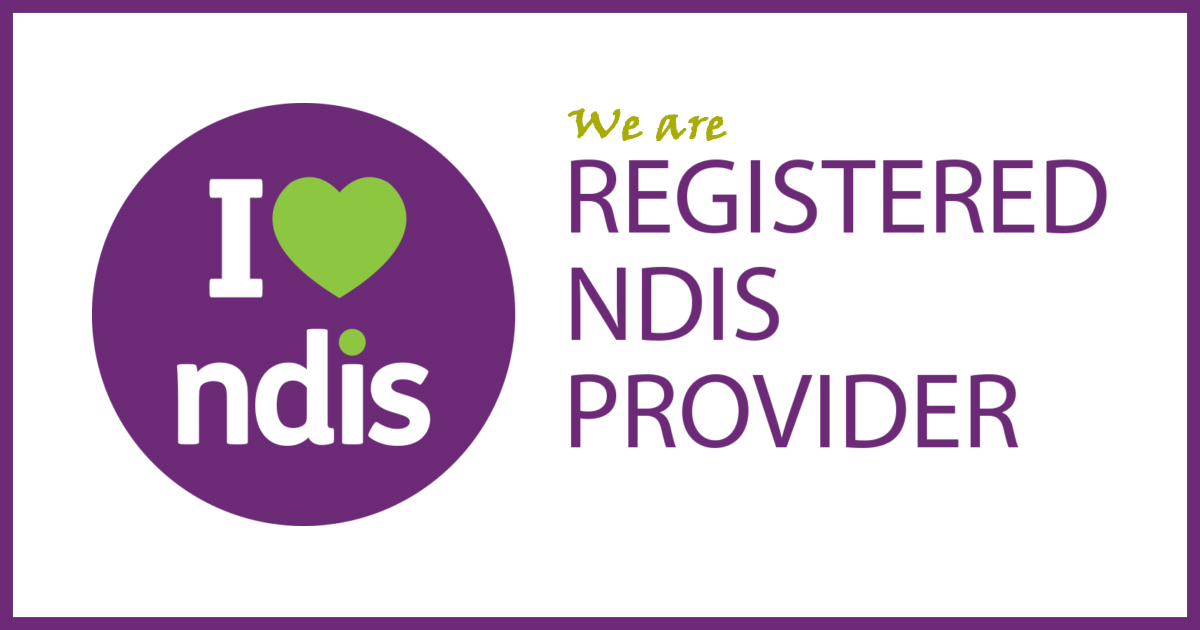When navigating the world of National Disability Insurance Scheme (NDIS) providers, it can be overwhelming to find the right respite care option for yourself or a loved one. Respite care is a vital service that provides temporary relief to caregivers of individuals with disabilities, allowing them to take a break and recharge. With so many providers offering different types of respite care, it is important to have a comprehensive guide to help you understand the options available and make an informed decision.
Consider The Type Of respite Care Options
One of the first things to consider when looking for respite care options is the type of care needed. There are several types of respite care available, including in-home respite, community-based respite, centre-based respite, and residential respite. In-home respite care provides support in the individual's own home, while community-based respite involves activities outside the home with support from providers. Centre-based respite care takes place in a facility specifically designed for respite services, and residential respite involves short stays in a care facility. Understanding the different types of respite care can help you determine which option is the best fit for your specific needs.

Finding NDIS Providers
Once you have identified the type of respite care that suits your requirements, the next step is to find NDIS providers that offer these services. NDIS providers are organisations or individuals that deliver support and services to NDIS participants. When choosing a respite care provider, it is essential to consider factors such as the provider's experience, qualifications, reputation, and the range of services they offer. It is also important to ensure that the provider is registered with the NDIS and meets the necessary standards and regulations.

Image from Google showing NDIS logo
Respite Care Costs
Another crucial aspect to consider when selecting a respite care provider is the cost of the services. The NDIS provides funding for respite care services, and the cost will depend on the type and duration of care needed. It is essential to discuss funding options with the provider and understand how the NDIS funding can be used to cover the costs of respite care. Some providers may also offer additional services that are not covered by the NDIS, so it is important to clarify all costs upfront to avoid any surprises.

Location
In addition to cost, location is another important factor to consider when choosing a respite care provider. The provider's location should be convenient and accessible for both the individual receiving care and their caregivers. Consider the proximity of the provider's facility to your home, as well as the availability of transportation options. It is also beneficial to visit the provider's premises to get a sense of the environment and ensure that it meets your standards and requirements.
Lastly, it is essential to communicate openly and regularly with the respite care provider to ensure that your needs and expectations are met. Establish clear lines of communication and discuss any specific requirements or preferences you may have. Keep the provider informed about any changes in your circumstances or care needs, and don't hesitate to ask questions or raise any concerns that may arise during the provision of respite care.
In conclusion, navigating the world of NDIS providers and respite care options can be a daunting task, but with this comprehensive guide, you can make informed decisions and find the right respite care provider for your needs. Consider the type of care needed, the provider's experience and qualifications, the cost of services, location, quality of care, and communication when selecting a respite care provider. By taking these factors into account and conducting thorough research, you can ensure that you or your loved one receives the support and relief needed to enhance well-being and quality of life.